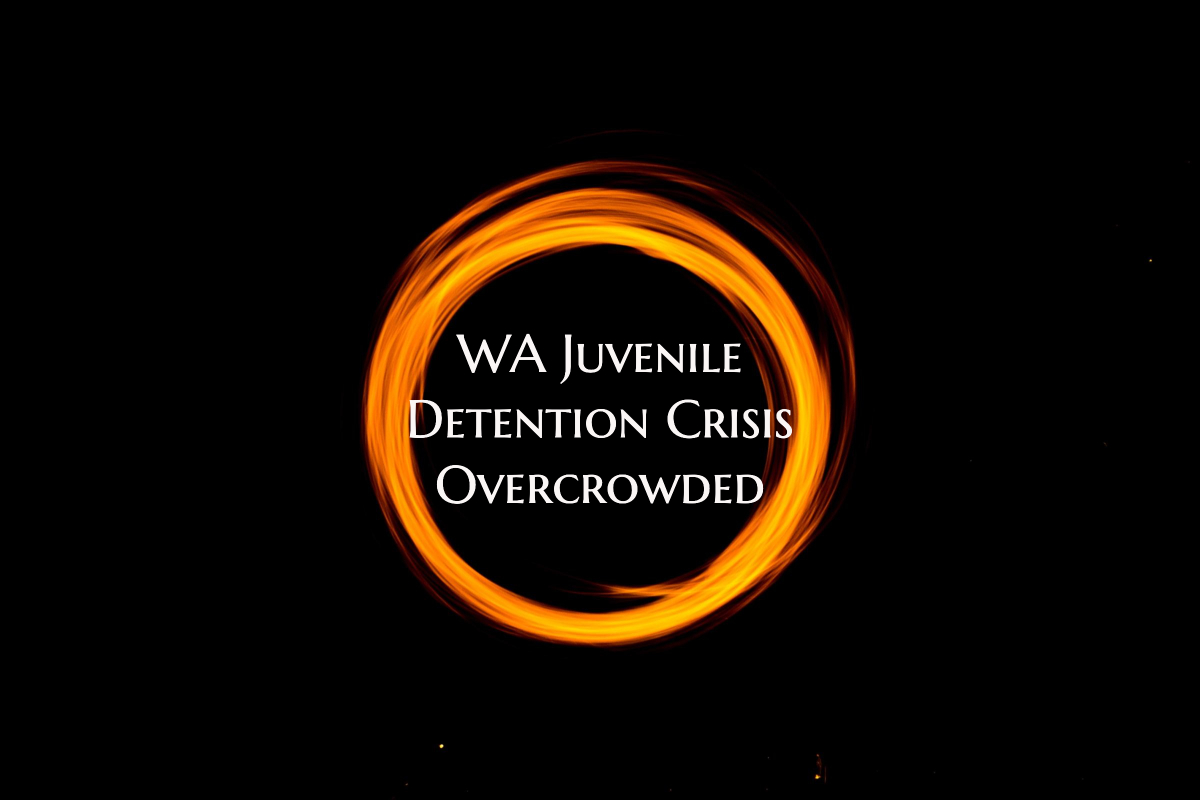Counties Challenge Washington State Over Juvenile Detention Crisis
Several counties in Washington State have filed a lawsuit against the state government, arguing that a recent decision to leave sentenced juveniles in local jails endangers the safety and well-being of young offenders. This decision has sparked concerns about overcrowding, inadequate rehabilitation programs, and the overall safety of juveniles in custody.
The Lawsuit and Its Implications
The lawsuit claims that the state’s action to keep juveniles in local facilities rather than transferring them to state-run juvenile detention centers violates the law. Counties argue that they are ill-equipped to handle long-term juvenile detainees, as local jails lack the necessary resources for effective rehabilitation and mental health care. The core issue is whether local jails can provide the proper environment for juveniles, who require a different level of care and support compared to adult inmates.
Accountability for Juvenile Safety
Who is responsible for ensuring the safety and rehabilitation of these young offenders? The state has an obligation to provide safe and supportive environments for juveniles in custody, with a focus on rehabilitation rather than punishment. Local jails often lack specialized staff and programs tailored to juveniles, putting them at a higher risk of harm and recidivism.
Rehabilitation Programs in Local Jails
Local jails typically offer limited rehabilitation services compared to state-run facilities. Effective programs include educational services, mental health counseling, substance abuse treatment, and vocational training. The absence of such programs can hinder the rehabilitation process, increasing the likelihood that these youths will re-offend after their release.
Juvenile Offender Statistics in Washington
As of 2024, Washington State has seen a fluctuating number of juvenile offenders in custody, with an average of 700-900 juveniles held in local and state facilities at any given time. This number has risen slightly in recent years, raising concerns about the adequacy of existing facilities to accommodate and rehabilitate these youths.
Impact of COVID-19 on Juvenile Crime
The COVID-19 pandemic has had a significant impact on juvenile crime rates. With schools closed and community programs suspended, many youths found themselves without supervision or support, leading to an increase in certain types of juvenile offenses. The pandemic has also strained the resources of detention facilities, making it even more challenging to provide adequate care and rehabilitation for juvenile offenders.
Urgent Need for Solutions
The state needs to address these issues promptly. A comprehensive plan that includes adequate funding for specialized juvenile facilities, improved rehabilitation programs, and training for local jail staff is essential. Moreover, the state should consider alternative sentencing options, such as community service or electronic monitoring, to reduce the reliance on incarceration for juveniles.
Conclusion
The lawsuit highlights the urgent need for Washington State to reassess its approach to juvenile justice. Holding juveniles in local jails without proper resources not only fails to rehabilitate but also puts their safety and future at risk. It’s time for the state to take responsibility and provide the necessary support to help these young individuals get back on track.
In conclusion, the safety and rehabilitation of juveniles in custody should be a priority for the state. Proper rehabilitation programs and safe environments are crucial in reducing recidivism and helping young offenders reintegrate into society successfully. Washington must act now to ensure that its juvenile justice system serves its purpose of rehabilitation, not punishment.


